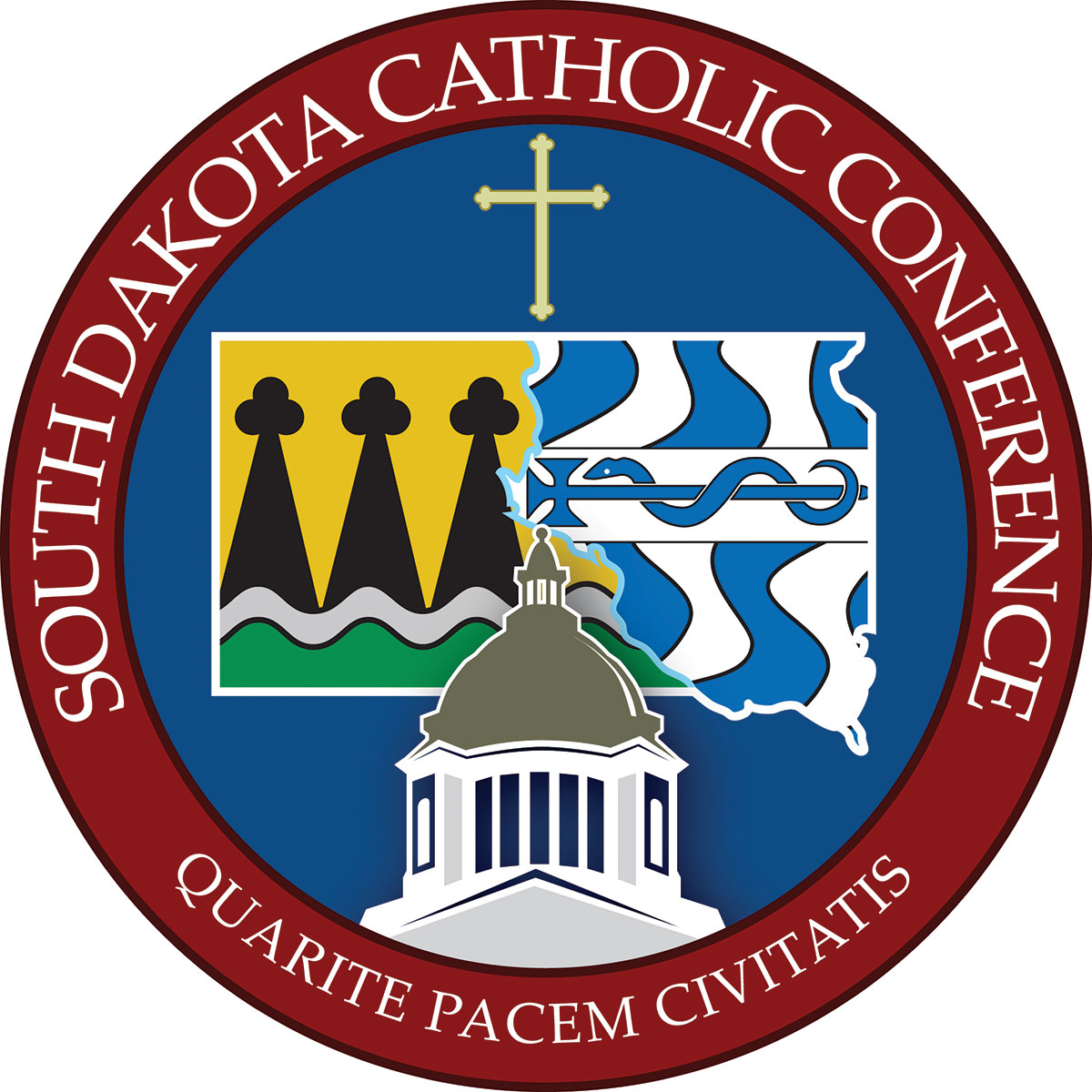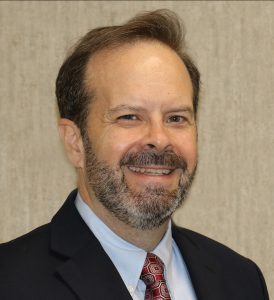
By Michael Pauley
I’m grateful to serve our state’s bishops as the new executive director of the South Dakota Catholic Conference (SDCC). Founded in 2017, the SDCC serves as the official voice for South Dakota’s bishops on public policy issues.
The SDCC has helped advance legislation to protect preborn children from abortion, defend religious freedom and expand educational options for parents and their children, among other accomplishments. Much credit for these successes goes to my predecessor, Chris Motz, who developed many fruitful relationships with leaders in state government.

Teaching the principles of faithful citizenship is another goal of the SDCC. South Dakota has a statewide election fast approaching, so it’s timely for us to reexamine what the Church teaches about our civic responsibilities.
In the “Catechism of the Catholic Church” (CCC), we read, “As far as possible citizens should take an active part in public life” (CCC 1915). The catechism also states, “Submission to authority and co-responsibility for the common good make it morally obligatory to pay taxes, to exercise the right to vote and to defend one’s country …” (CCC 2240)
But attached to our right to vote is a serious responsibility to make choices with an informed conscience. Perhaps you’ve heard the aphorism “A people will get no better government than they deserve.” Expressed in different terms, if we make voting decisions based on unworthy reasons, we shouldn’t be surprised if we end up with unworthy leaders.
One useful resource for helping our decision making is the document “Forming Consciences for Faithful Citizenship,” produced by the U.S. Conference of Catholic Bishops. This paper is 53 pages, so any summary will inevitably leave out much important content. One key takeaway is that Catholics must be guided by the four main precepts of the Church’s social teaching: the dignity of the human person, subsidiarity, the common good and solidarity. Volumes have been written expounding each one of these principles, but the catechism provides some concise descriptions:
1) Dignity of the human person: “Respect for the human person entails respect for the rights that flow from his dignity as a creature. These rights are prior to society and must be recognized by it.” (CCC 1930)
2) Subsidiarity: “In accordance with the principle of subsidiarity, neither the state nor any larger society should substitute itself for the initiative and responsibility of individuals and intermediary bodies.” (CCC 1894)
3) The common good: “The common good comprises ‘the sum total of social conditions which allow people, either as groups or as individuals, to reach their fulfillment more fully and more easily.’” (CCC 1924, quoting Gaudium et Spes 26)
4) Solidarity: “The principle of solidarity, also articulated in terms of ‘friendship’ or ‘social charity,’ is a direct demand of human and Christian brotherhood.”
These principles allow for a legitimate diversity of opinions on certain policy questions, but require a unified response in other areas. As we read in “Faithful Citizenship,” “Catholics may choose different ways to respond to compelling social problems, but we cannot differ on our moral obligation to help build a more just and peaceful world through morally acceptable means, so that the weak and vulnerable are protected …”
For example, Catholic social teaching compels us to help the poor, yet Catholics acting in good faith might arrive at different conclusions about the best public policies for reducing poverty. However, there cannot be a diversity of Catholic opinion on practices that are intrinsically evil, such as abortion. The bishops write in “Faithful Citizenship” that abortion “is never morally acceptable and must always be opposed.” They further state, “The threat of abortion remains our preeminent priority because it directly attacks life itself, because it takes place within the sanctuary of the family, and because of the number of lives destroyed.”
We have only scratched the surface with this brief exploration of Catholic social teaching. Learn more about the Catholic perspective on public policy by visiting the SDCC website at www.sdcatholicconference.org. Here you can find many educational resources and sign up to receive periodic email updates on important issues.
The world of politics can seem like a dark place, but even here we can make the light of Christ shine if we are prepared to learn and be formed by the wisdom of the Church.


